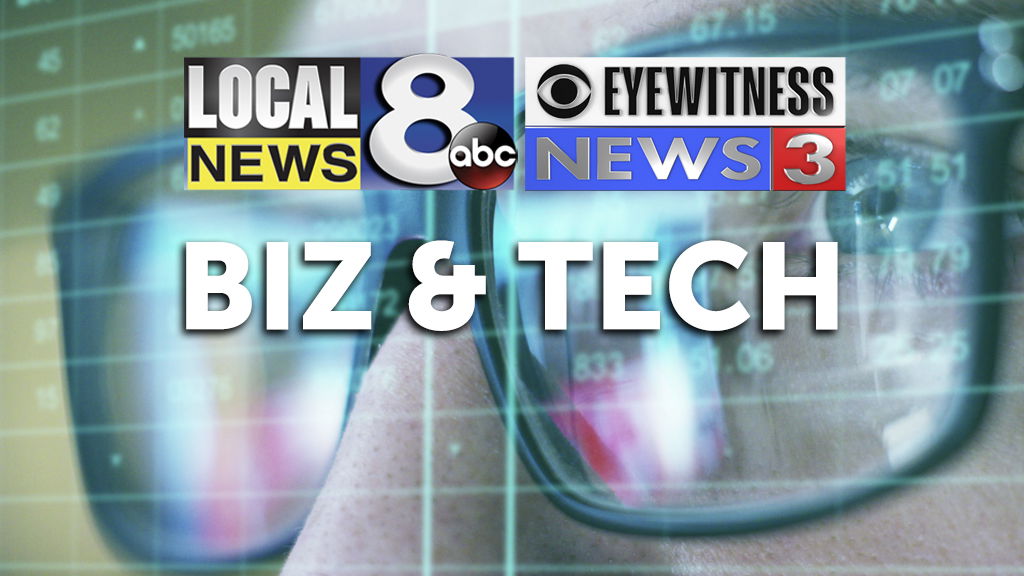US probing automated driving system use in 2 Tesla crashes

By TOM KRISHER
AP Auto Writer
The U.S. government’s highway safety agency said Thursday it will send teams to investigate two November crashes in California and Ohio involving Teslas that may have been operating on automated driving systems.
The probes bring to 35 the number of crashes investigated by the National Highway Traffic Safety Administration since 2016 in which either Tesla’s “Full Self-Driving” or “Autopilot” systems likely were in use. Nineteen people were killed in the crashes.
The California crash occurred on Thanksgiving Day involving eight vehicles on the San Francisco-Oakland Bay Bridge. The driver told authorities that the Tesla Model S was using the company’s “Full Self-Driving” software, according to Highway Patrol report obtained by CNN.
The Ohio crash happened Nov. 18 near Toledo, when a Tesla Model 3 crashed into an Ohio Highway Patrol SUV stopped on a roadway with its emergency lights flashing.
A message was left Thursday seeking comment from Tesla on the latest NHTSA action. The company based in Austin, Texas, has disbanded its media relations department.
The agency said Thursday that it sent the team to the California crash after gathering information from law enforcement officers and Tesla.
The eight-vehicle crash happened about noon, closing two lanes and clogging traffic on the holiday. Nine people were treated for minor injuries including a child who was hospitalized, according to CNN, which got a copy of the crash report through a public records request.
The Tesla Model S driver reportedly told the California Highway Patrol that the company’s “Full Self-Driving” system was operating when the crash occurred, and that it braked unexpectedly while traveling at 55 miles per hour (88.5 kilometers per hour). The Model S shifted into the far left lane, then braked to 20 mph, causing the pileup, CNN said the report stated.
In the crash near Toledo, an Ohio State Highway Patrol trooper and another motorist were injured when a Tesla Model 3 struck the rear of the police SUV parked on a road with its emergency lights flashing.
The Toledo Blade reported that the highway patrol report didn’t address whether any automated systems were operating.
NHTSA has been investigating Tesla automated systems for 6 1/2 years without taking enforcement action.
Michael Brooks, executive director of the nonprofit Center for Auto Safety, a watchdog group, said it’s long past time for the agency to seek a recall.
“The question is what’s the threshold number of injuries and deaths and cars driving stupidly that we have to see before NHTSA finds that there’s some sort of defect in these cars?” Brooks asked.
He said NHTSA has only published information on one of the Tesla crash investigations and called on the agency to be more transparent.
A message was left for a NHTSA spokeswoman seeking comment on the length of the investigations.
In addition to the crash investigation teams, NHTSA already has two formal investigations open into Tesla’s advanced driver assistance systems. One involves complaints that the vehicles brake unexpectedly for no reason, and the other stems from crashes into emergency vehicles parked on roadways with lights flashing.
NHTSA hasn’t made public any enforcement actions on either probe. The agency also has ordered automakers and tech companies to report crashes involving automated systems.
In the “phantom braking” investigation, the agency said that more than 750 Tesla owners have complained that cars operating on the partially automated driving systems have suddenly stopped on roadways for no apparent reason.
In opening the probe, the agency said it was looking into vehicles equipped with automated driver-assist features such as adaptive cruise control and “Autopilot,” which allows them to automatically brake and steer within their lanes.
“Complainants report that the rapid deceleration can occur without warning, and often repeatedly during a single drive cycle,” the agency said.
Many owners wrote in their complaints that they feared a rear-end crash on a freeway.
Although Tesla calls one of its systems “Full Self Driving,” even CEO Elon Musk concedes that it’s not ready to drive itself. The other system, called “Autopilot,” keeps a car centered in its lane and a distance away from vehicles in front of it. In both cases Tesla says these are driver-assist systems and that drivers must be ready to intervene at all times.
Critics say humans become too reliant on the systems when they’re not capable of handling all situations.
